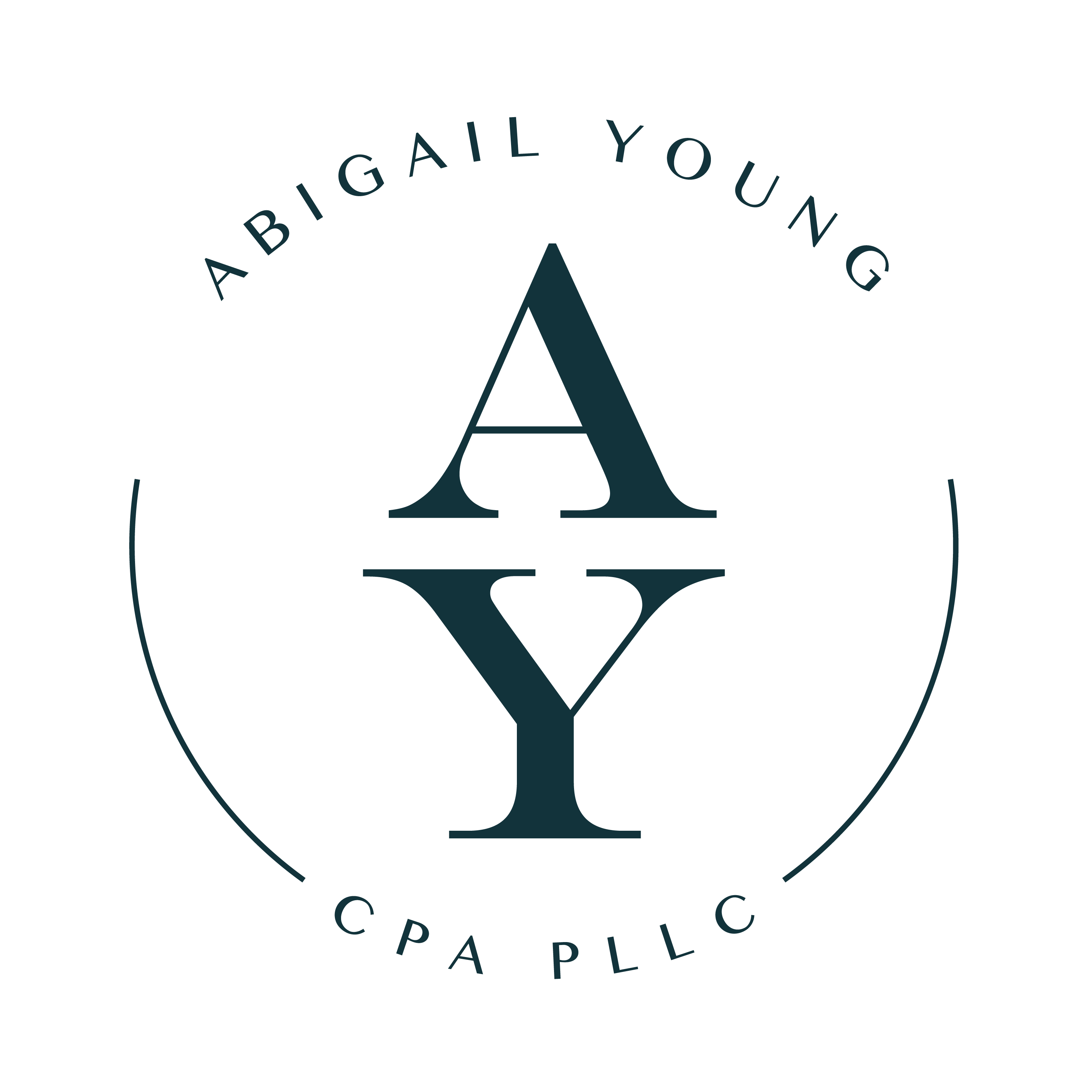Self-Employment Tax vs. Income Tax What You Need To Know
Tax season brings with it a lot of questions. While you were completing your 2022 taxes and looking through all the documentation, there were probably terms you did not fully understand.
For instance, what is the difference between self-employment tax and income tax?
While these terms may seem to suggest the same type of tax, they are actually two separate forms. Read on to learn more from your local tax accountant, Abigail Y. Murray, CPA.
What Is Income Tax?
Taxes are how the government generates revenue, and are used to pay for various public programs, services, and infrastructure.
Income tax is the percentage the government takes from the income businesses and individuals generate. Most people will think of federal income tax since every American pays this particular tax. Depending on where an individual lives, they may also have to pay state income tax. However, that isn’t the case in Texas.
For traditional workers, taxes are retained by employers.
What Is Self-Employment Tax?
Self-employment tax specifically applies to anyone who primarily works for themselves. This tax rate is higher than income tax since it is not automatically deducted from the individual’s paycheck.
Self-employment tax goes into the Social Security and Medicare programs, but at double the rate of what a traditional employee pays. For those paying self-employment tax, 12.4% of their net income goes into Social Security and 2.9% towards Medicare for a total of 15.3% of their income.
Self-employment tax will vary depending on special calculations dependent on how much the individual earned. If you earned over $400 in profit, you will need to pay self-employment tax.
Who Has To Pay Income and Self-Employment Tax?
Income Tax
All working Americans must pay a form of income tax if they make enough to be required to file their taxes. While traditional wages and salaries are the most common forms of income, others include:
- Rental income
- Unemployment compensation
- Gambling winnings
- Royalties
- Lottery winnings
- Tips
- Severance pay
- Sick pay
- Bonuses
- Commissions
Be sure to ask a personal accountant if any of your income falls under this category.
Self-Employed Taxes
Self-employment taxes apply to a few groups. While most are pretty obvious, there are a few surprises:
- Independent contractors
- Business or trader partners
- Sole proprietors for a business or trade
- Gig workers
- Part-time business owners
- Church workers who made over $108
- U.S. citizens working for a foreign government
What Are the Income and Self-Employment Tax Rates?
Income and self-employment taxes are two separate beasts with their own rates.
Rates can vary depending on the category a filer falls under; someone filing alone will pay a different amount than a married couple filing jointly. If you earn more, you will also fall under a different tax bracket.
When completing your taxes, you’ll want to make sure you have all your tax documents available.
When it comes to tax rates, consider the following:
- Income tax is 10-37% with higher-income earners paying higher rates.
- 92.35% of your net earnings will fall under self-employment taxes.
- Add a 15.3% tax to this figure if you made under $147,000 in 2022 or $160,200 in 2023.
- If you made over that, you don’t pay Social Security tax on that extra money.
- You will pay an additional 0.9% Medicare tax if you earned over $200,000 for single filers or $250,000 for joint filers.
Need Some Help This Tax Season? Abigail Y. Murray Is Your Experienced Tax Accountant
Is all this information making your head spin? A certified personal accountant like Abigail Y. Murray CPA, LLC, can help you better understand your tax responsibilities, and walk you through the process so you get the maximum deductions.
Abigail Y. Murray makes paying taxes while self-employed a breeze. Don’t face tax season alone!


